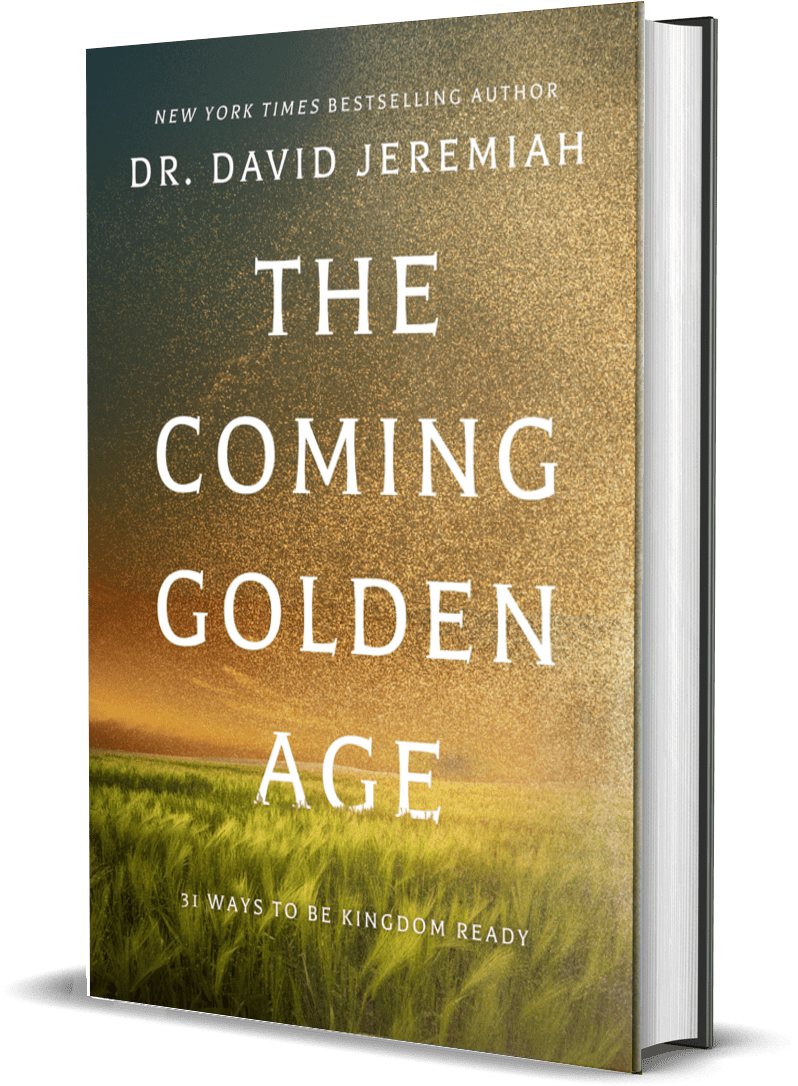
Although she was decommissioned and scrapped in 2010, the oil tanker Seawise Giant was the largest ocean-going vessel ever built at more than 1,504 feet in length and 225 feet in width—longer than four American football fields stretched end to end. The ship was so long it could not navigate through the English Channel, the Suez Canal, or the Panama Canal.
Given the mammoth size of the Seawise Giant, it is not surprising that it took an anchor weighing 36 tons (72,000 pounds) to secure it in place. The massive anchor is all that remains of the world's largest ship, now on display in Hong Kong. But it's not just the anchor that holds a ship in place; it's also the weight of the anchor chain lying on the sea floor. Each link in a massive ship's anchor chain can weigh up to 500 pounds.
Though giant anchors that can secure giant ships are a modern development, anchors have been in use for as long as there have been boats. When the ship that was transporting the apostle Paul to Rome was caught in a fierce storm at sea, Acts 27:29 says that the crew deployed four anchors to keep from running aground on the rocky shore of an island. So the idea of an anchor as a means of protection and security was common in biblical days.
It is no surprise, then, that the writer of the letter to the Hebrews talked about something that is "an anchor of the soul." And that is hope:"This hope we have as an anchor of the soul, both sure and steadfast, and which enters the [holy of holies] behind the veil" (Hebrews 6:19). The hope of which the writer speaks is the "sure and steadfast" hope in Jesus Christ.
If ever we had a need for hope, it is today! Think of our planet as a giant ship that is being tossed about on the waves of discord and division. Imagine the kind of anchor it would take, thrown out into the universe, to keep our planet from being destroyed. A 36-ton anchor would be like a feather compared to the anchor needed to steady our planet. Thankfully, we have such an anchor: Jesus Christ and our hope in Him.
If ever we had a need for hope, it is today!
Hope is a word used countless times each day, but never with any degree of certainty attached. Synonyms for hope are words like wish, desire, dream, longing, and aspiration—words that carry the same certitude as the gossamer threads of a spider's web or a fluffy ball of cotton candy. Not the kind of stuff of which anchor chains are made. That kind of hope can be a starting point but not an ending point in a world like ours. We need something better—something more "sure and steadfast" to keep us anchored in place when tide and time seek to move us.
Again, our anchor is our hope in Jesus Christ and the promises in His Word. Remember the words of Hebrews 11:1: "Now faith is being sure of what we hope for and certain of what we do not see" (NIV1984). The two parts of this verse are an example of Hebrew parallelism—two lines in a couplet that say basically the same thing using different words. When we hope for something, it is something we cannot see. And this verse says it is possible to be "sure" and "certain" about that which we cannot see in the present.
We can be sure and certain that the hope we can have today is a hope that will carry us into eternity.
What is the evidence of our sureness and certainty? Faith: "Now faith is being sure ... and certain." In other words, if we aren't sure and certain of God's hold on this world and His promises of a better day to come, we don't have faith—or at least not as much as we should. On more than one occasion Jesus reproved His disciples for their lack of sureness and certainty: "O you of little faith" (Matthew 6:30; 8:26; 14:31; 16:8). If we hope for a better day today and a better world tomorrow, we must have faith in the One who can provide. We must be sure and certain of God's promises to keep us anchored and unmovable.
Speaking of "better"—think of how we are inundated with the offers of obtaining something better in our life. Marketing is geared toward stirring discontent and dissatisfaction with our current life and convincing us that things can be better. We can have a better haircut, better windows, a better car, a better vacation, better health, a better retirement, better clothes, and the list goes on. There is not one aspect of our life that cannot be made better according to the commercials and advertisements we see. But "better" is subjective; no one can tell you what "better" or "best" really is. There is always another product to buy or option to try.
When it comes to better, we need what the writer to the Hebrews calls "better promises"—such as the promises contained in the "better covenant" instituted by Jesus Christ (Hebrews 8:6). Jesus Christ is not subjective; He is the time-and-space, incarnate God-Man, sent to earth to remove the barrier of sin that separates man from God. We can be sure and certain that the hope we can have today is a hope that will carry us into eternity.
Think about the following three ways we can have sure and certain hope through Christ.
A Better Way
One of the biggest mistakes people can make about Christ is to think of Him the same way they think of the "better" life—solutions offered in our modern world. Yes, Jesus is a better way, but only because He is the best way. That is, He is the only way. John 14:6 says, "Jesus said to him, 'I am the way, the truth, and the life. No one comes to the Father except through Me."'
In the first century, the apostolic century, Christianity was referred to as "the Way" (Acts 9:2; 19:9). That was not unusual in that day—way could signify one's conduct or maimer of life in a religious sense. But it is ironic that the followers of the One who called Himself "the way" came to be known as "the Way." "For all the promises of God in [Christ] are Yes, and in Him Amen, to the glory of God through us" (2 Corinthians 1:20).
There can be no better way to live life than by faith in the One in whom all God's promises are fulfilled.
A Better Day
The late E. V. Hill was the longtime pastor of one of America's first megachurches—Mount Zion Missionary Baptist Church in Los Angeles. While many of his sermons are considered classics, none is better known than "It's Friday, but Sunday's Coming!' The day Jesus was crucified in Jerusalem was a dark day in the lives of His followers. What would have given them hope on that day was the fact that Sunday—Resurrection Day—was coming.
That is the same hope we can have as we live in a world that on many days seems dark, a world in which the light of hope seems to have been extinguished. But it has not! As Pastor Hill reminded his congregation, "Sunday's coming!" For us, Sunday is the glorious, thousand-year Millennium when Christ will change our world by ruling with righteousness and justice. At the end of those thousand years, we will seamlessly transition into eternal life with Him. The promise of a better day in the future changes the way we see today.
The way we view the future has a tremendous impact on how we live in the present.
A Better Stay
Do these words sound better to you? "And God will wipe away every tear from their eyes; there shall be no more death, nor sorrow, nor crying. There shall be no more pain" (Revelation 21:4) . Every person on earth experiences tears, death, sorrow, crying, and pain. How does one manage those experiences without the sure and certain hope that they will one day be removed?
The way we view the future has a tremendous impact on how we live in the present. Without the hope of a better day tomorrow, it is difficult to experience a better stay on this earth today. But the opposite is also true: The promise of a better day tomorrow makes for a better stay today.
Do you need hope today? It is no sign of weakness to answer, "Yes." Make sure your faith is sure and certain in Jesus Christ and His promises.
This article was first published in the October 2024 issue of Turning Points Magazine & Devotional. Request your complimentary subscription today!
Thank You
Your complimentary Revelation Prophecy Chart is being prepared for shipment! If you have any questions about your order, contact us at:
(877) 998-0222 or info@davidjeremiah.org

